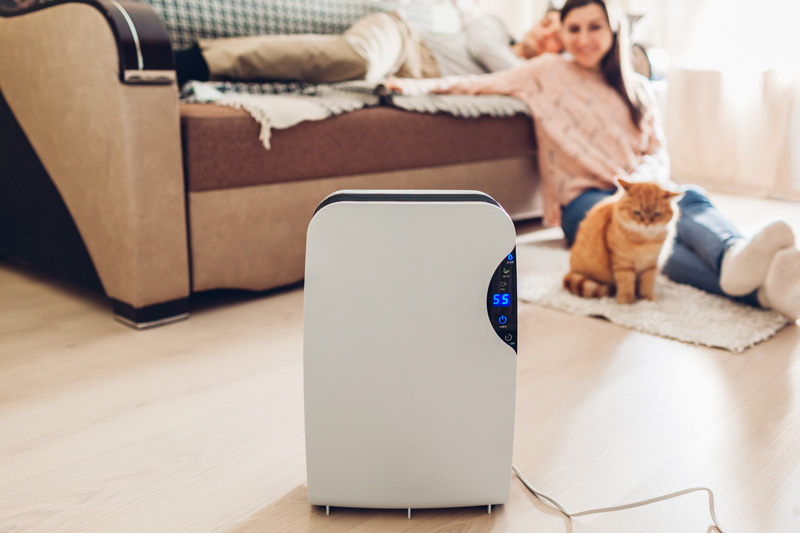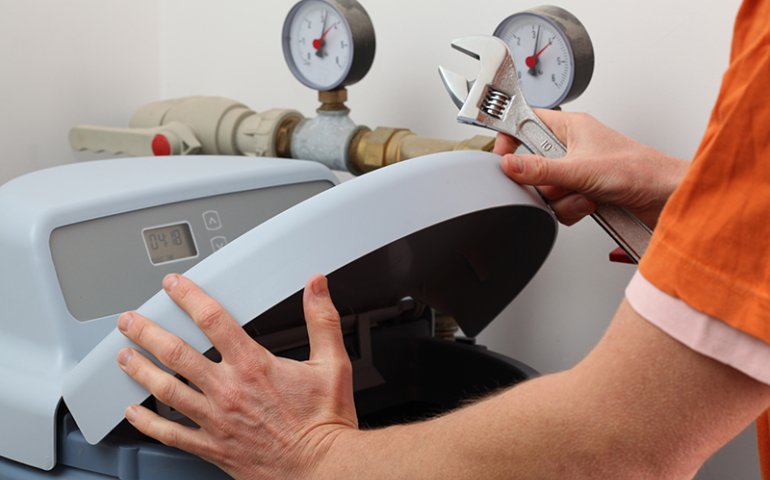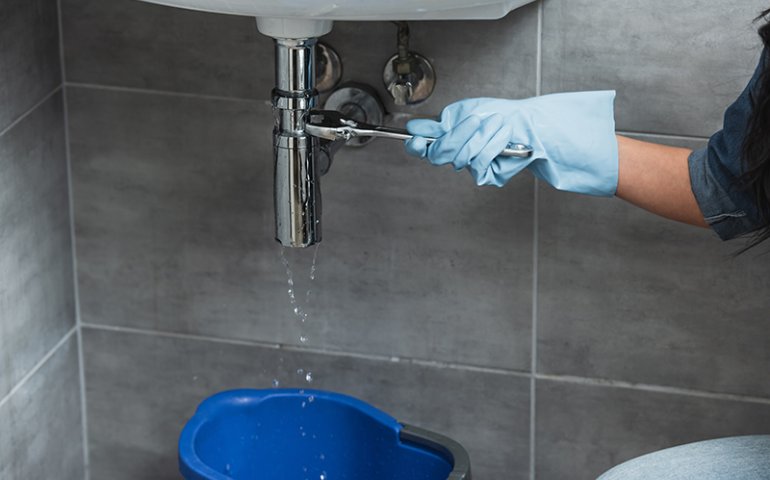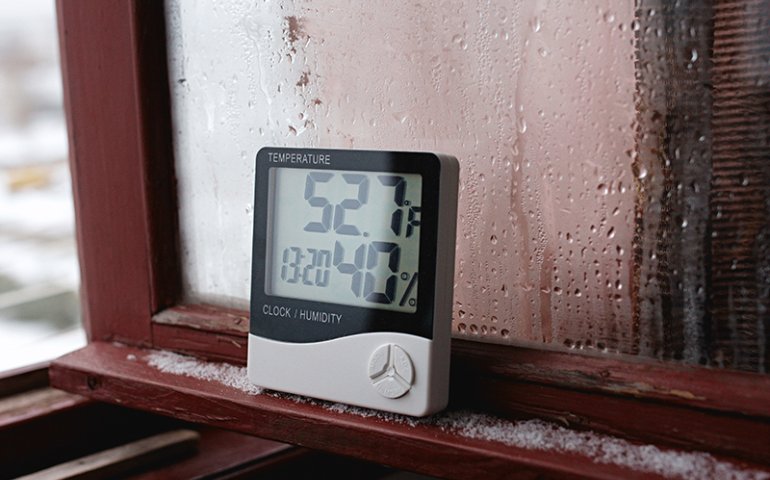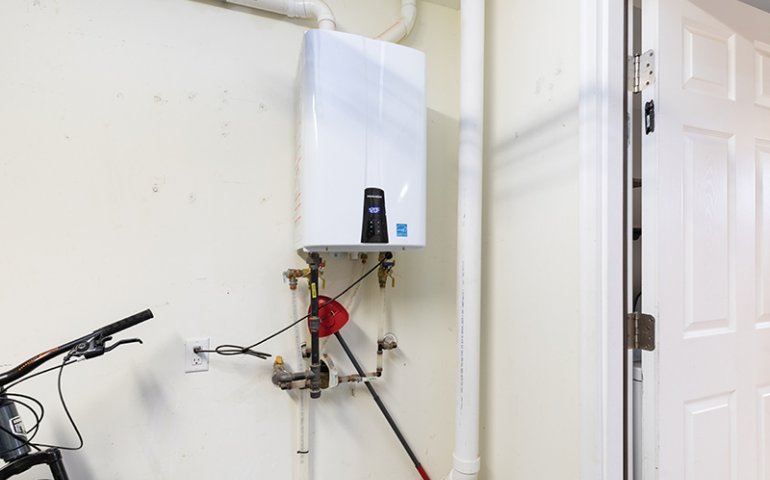How To Optimize Your Home's Humidity Levels
Maintaining humidity in your home is vital for comfort, health, and your HVAC system. In this blog post, we discuss humidity levels and issues caused by high and low humidity. We also tell you how to optimize your home's humidity levels to ensure a comfortable home.
Why Are Optimal Humidity Levels Important?
Optimal humidity levels are vital for several reasons. High humidity can make your home feel muggy and uncomfortable. Low humidity can cause dry skin and respiratory issues. High humidity can promote the growth of mold, mildew, and dust mites. These all can trigger allergies and asthma symptoms. Low humidity can increase the likelihood of catching colds and flu due to dry nasal passages. When humidity levels are out of range, your HVAC system has to work harder to keep your home comfortable. This can lead to higher energy usage and costs.
Problems Associated With High and Low Humidity
High humidity can cause many issues. Mold and mildew growth is the biggest risk associated with high humidity. Condensation and reduced HVAC efficiency are also risks of high humidity levels. As for your health, high humidity can cause increased allergens and asthma triggers.
Low humidity can lead to dry skin, eyes, and respiratory passages. It can also make you and your family more susceptible to colds and the flu. Low humidity also creates static electricity and can damage wood furniture and flooring.
How To Improve Your Home's Humidity Levels
To optimize your home's humidity levels, consider using a hygrometer. A hygrometer is an instrument that measures humidity levels in your home. This device can help track your indoor humidity and take action when needed. If your home's humidity levels are always off, consider a humidifier or dehumidifier. These systems can help regulate the moisture levels in your living spaces.
Cleaning and maintaining your HVAC system can help it maintain humidity levels. Be sure to check and replace your air filters, clean your ducts, and schedule maintenance. Proper ventilation can help regulate humidity levels. This allows for excess moisture to escape and fresh air to enter. Use exhaust fans in kitchens and bathrooms. Open windows on cooler days to promote air circulation. Ensuring that your home is well-sealed is vital. It can help prevent excess moisture from entering and maintain optimal humidity levels. Check for gaps around doors, windows, and other openings. Use weather-stripping or caulk to seal them as needed.
Contact Us
Maintaining optimal humidity levels in your home is vital. Proper humidity affects your comfort, health, and HVAC efficiency. By following the tips outlined in this blog post, you can improve your home's humidity levels. If you need help maintaining your home's humidity, contact us today. We can help you create a more comfortable and energy-efficient living environment.

